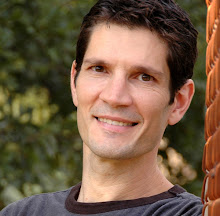What really motivates teenagers? If you’re like me, when you watch teen-oriented media like DeGrassi, Skins, or Glee, it’s easy to conclude that teens desire sex, alcohol, and money. Certainly each of these vices are unhealthy traps that teens fall into, but a new study shows that none of these options are what teens seek most.
A study published in the Journal of Personality concludes that what most satisfies a teen’s longings is getting a boost to their self-esteem. Lead author Brad Bushman said, “It is somewhat surprising how the desire to feel worthy and valuable trumps almost any other pleasant activity you can imagine.” Other studies have shown that the people teens most want to spent time with and admire is their parents. That should give us great hope for a fulfilling relationship with our teens. After all, it’s you they want to hear from--not the latest teen celebrity idol.
Regardless of age, here are a few practical ways you can speak into your teen and build their self-worth.
- When you introduce them to your friends or co-workers, tell your peers something about who your teen really is, not just that they belong to you.
- When in social situations with your adult peers and your teen is present, periodically ask them their opinion and include them in the conversation.
- Write your teen a note or letter of encouragement when they are making big decisions or facing challenges.
- Let them know how and what you are praying for them.
- On their birthday, make the first “gift” a verbal one--something you speak into them concerning how you’ve seen them grow or what you love about them.
- When you deal with discipline issues, make the focus one of the heart rather than merely honing in on bad behavior.









